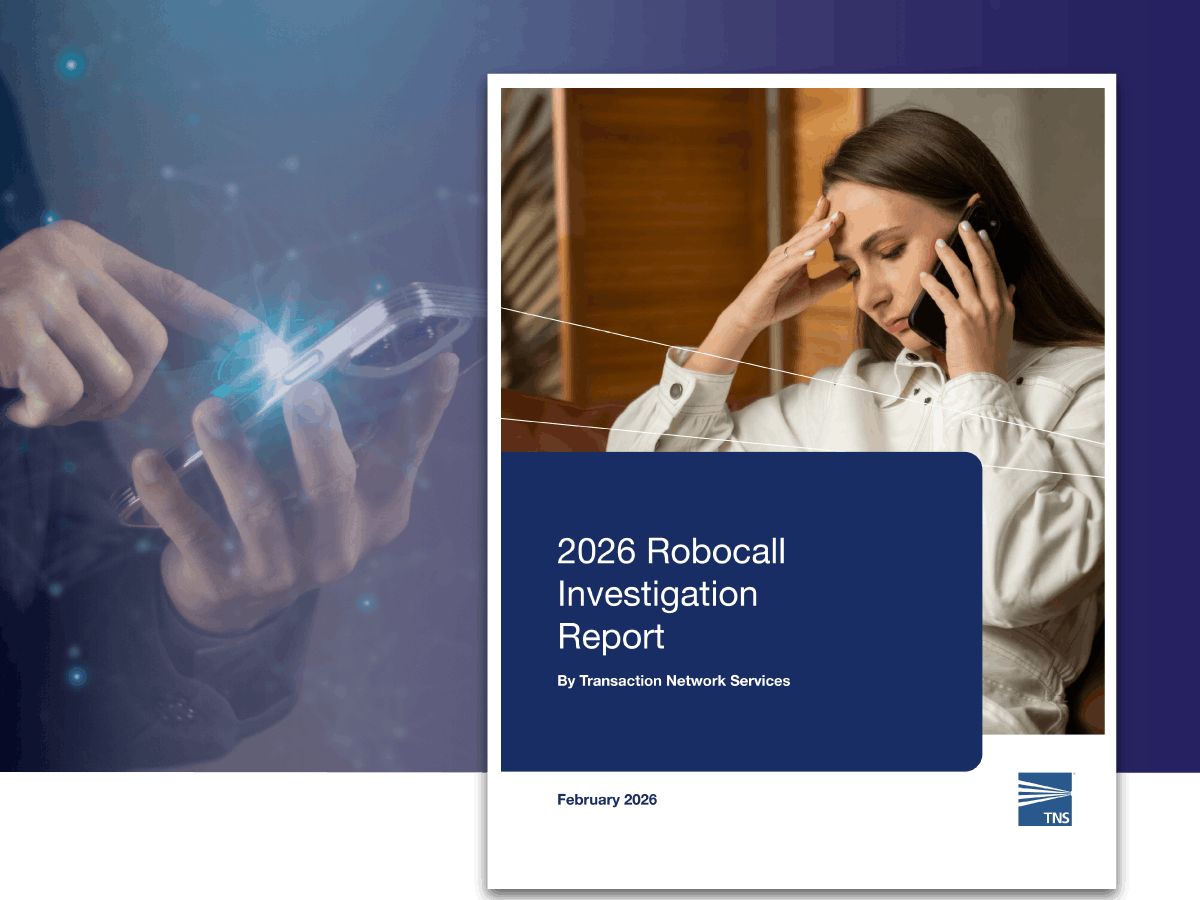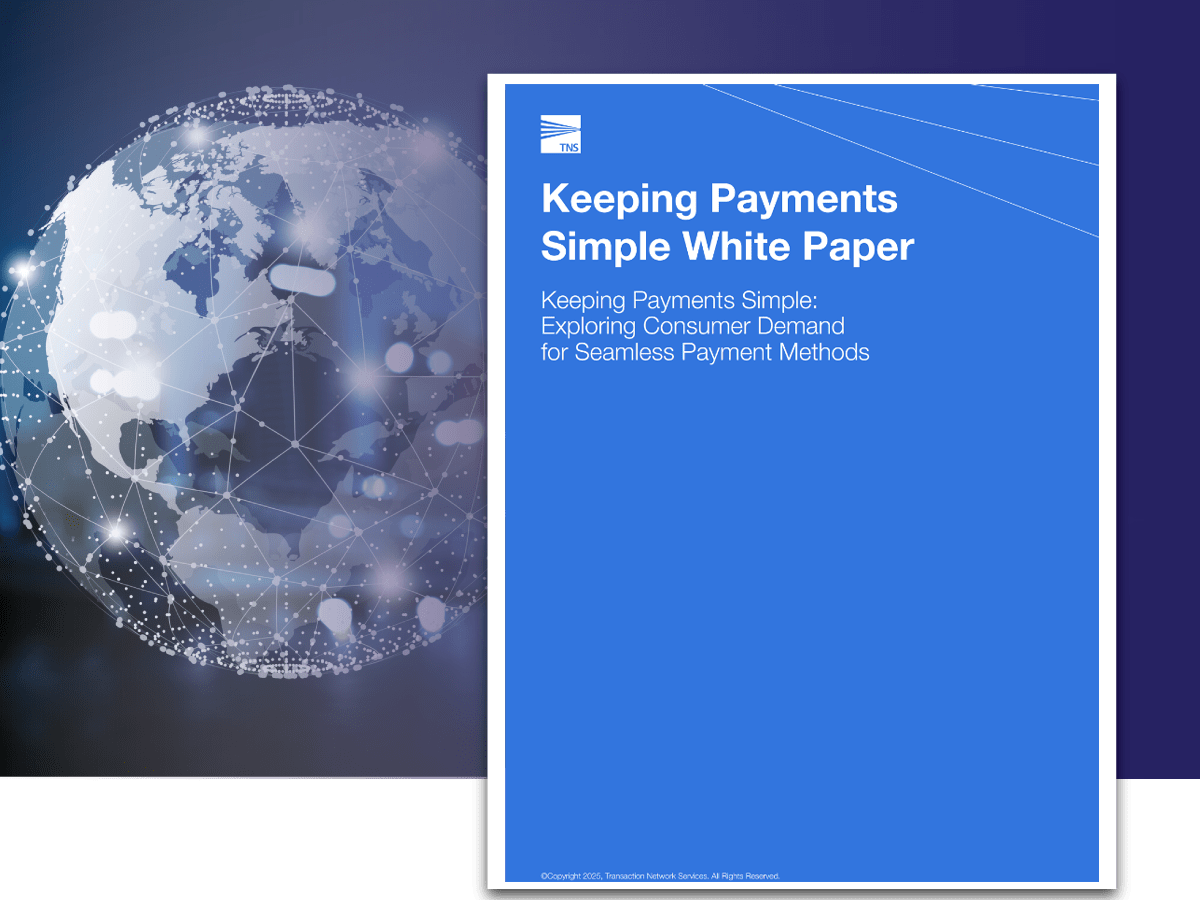A common scam is resurfacing as the federal student loan forbearance will end in just a few weeks, on January 31, 2022. Student loan forgiveness scams prey on adults with crushing student loan debt.
For some, the coronavirus pandemic may have affected their employment status and paying back heavy student loans may feel impossible right now. There is also a lot of confusion happening around student loan policy, creating the perfect environment for scammers.
This is a transcript of what a fraudulent scam forgiveness call may sound like:
“Hi, this is (name) from student loans support. We wanted to remind you that your temporary hardship forbearance will be ending January 31, 2022, and to be aware your loans will resume automatically at the standard repayment rate. Our records indicate you are eligible for student loan forgiveness programs but never completed the required documents. If you want to proceed with the applications, please call us today at xxx-xxx-xxxx.”
These scam calls will likely be a robocall or a recorded message and will ask you to call a different number to reach a live agent. The company typically uses a very generic name, such as “loan support” or no name at all. When the victim makes the call to the given number, they are asked for a fee which needs to be paid there and then with a credit card. This is not the process when refinancing or applying for student loan forgiveness. It is best to hang up immediately if they ask for personal information.
Treat loan forgiveness or refinancing seriously and, as with all financial decisions, before going forward make sure to do your research on the company. You will be putting yourself at high risk of identity theft if you follow along with the scammers prompt without doing any research on who they are.
Legitimate companies and student loan forgiveness programs exist, although it may feel confusing to tell the difference. Luckily, legitimate companies are easy to identify with simple online searches. It is best to reach out to these companies and programs directly if you believe something may be a scam. If you’re in default on your federal student loan, please follow the instructions on the Federal Student Aid website
Stay vigilant and share information about scams with others. Always be extra suspicious of unsolicited phone calls, texts and email to avoid being taken advantage of by bad actors.
If you receive a call or text which you believe to be from a scammer, report it via the FCC website or your state Attorney General website to help combat this activity. In addition, consumers can protect themselves by leveraging robocall detection solutions powered by TNS Call Guardian®. In these trying times, vigilance is even more important than before; be smart and stay safe.
Jim Tyrrell is Senior Director of Product Marketing at TNS with specific responsibility for TNS’ Communications Market solutions.





